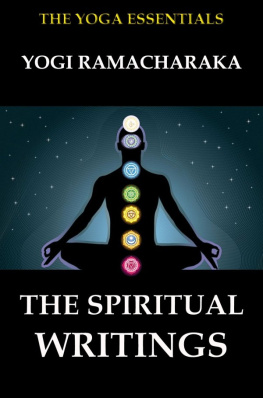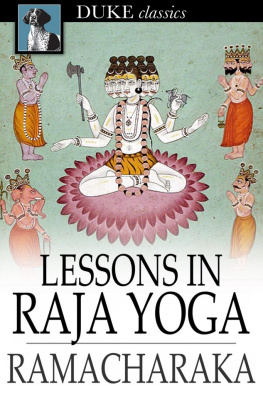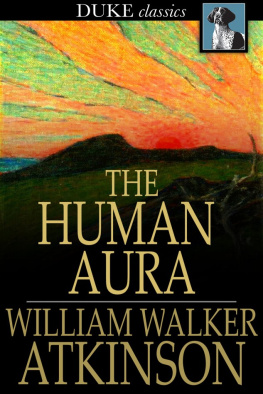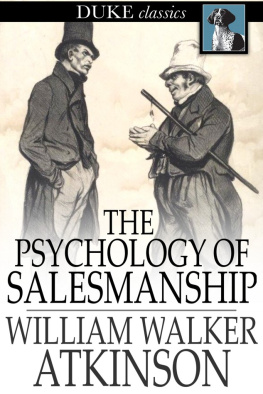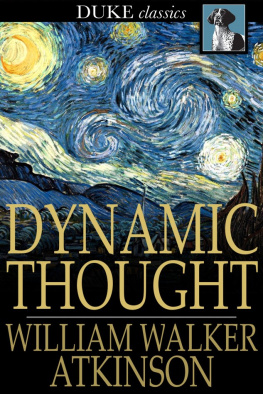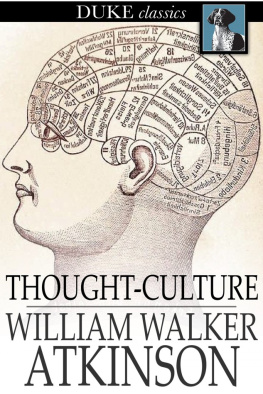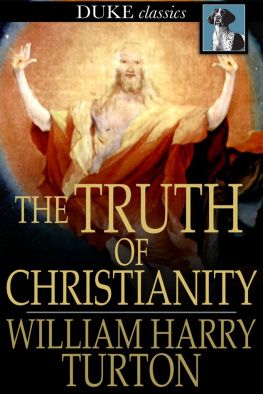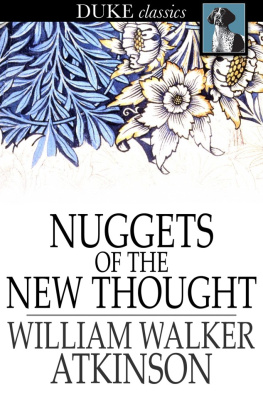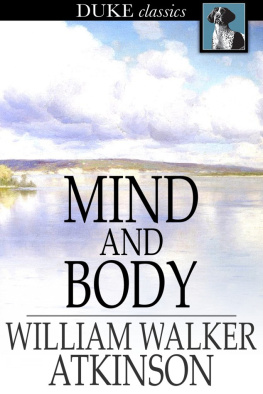
Yogi Ramacharaka, William Walker Atkinson
Mystic Christianity or The Inner Teachings of the Master
***

The lessons which compose this volume originally appeared in monthly form, the first of which was issued in October, 1907, and the twelfth in September, 1908. These lessons met with a hearty and generous response from the public, and the present volume is issued in response to the demand for the lessons in a permanent and durable form. There has been no change in the text.
The publishers take the liberty to call the attention of the readers to the great amount of information condensed within the space of each lesson. Students have told us that they have found it necessary to read and study each lesson carefully, in order to absorb the varied information contained within its pages. They have also stated that they have found it advisable to re-read the lessons several times, allowing an interval between the readings, and that at each reading they would discover information that had escaped them during the course of the previous study. This has been repeated to us so often that we feel justified in mentioning it, that others may avail themselves of the same plan of study.
Following his usual custom, the writer of this volume has declined to write a preface for this book, claiming that the lessons will speak for themselves, and that those for whom they are intended will receive the message contained within them without any prefatory talk.
THE YOGI PUBLICATION SOCIETY. September 1, 1908.
THE FIRST LESSON. THE COMING OF THE MASTER.
Strange rumors reached the ears of the people of Jerusalem and the surrounding country. It was reported that a new prophet had appeared in the valley of the lower Jordan, and in the wilderness of Northern Judea, preaching startling doctrines. His teachings resembled those of the prophets of old, and his cry of "Repent! Repent ye! for the Kingdom of Heaven is at hand," awakened strange memories of the ancient teachers of the race, and caused the common people to gaze wonderingly at each other, and the ruling classes to frown and look serious, when the name of the new prophet was mentioned.
The man whom the common people called a prophet, and whom the exalted ones styled an impostor, was known as John the Baptist, and dwelt in the wilderness away from the accustomed haunts of men. He was clad in the rude garments of the roaming ascetics, his rough robe of camel's skin being held around his form by a coarse girdle of leather. His diet was frugal and elemental, consisting of the edible locust of the region, together with the wild honey stored by the bees of the wilderness.
In appearance John, whom men called "the Baptist," was tall, wiry, and rugged. His skin was tanned a dark brown by the winds and sun which beat upon it unheeded. His long black hair hung loosely around his shoulders, and was tossed like the mane of a lion when he spoke. His beard was rough and untrimmed. His eyes gleamed like glowing coals, and seemed to burn into the very soul of his hearers. His was the face of the religious enthusiastic with a Message for the world.
This wild prophet was most strenuous, and his teachings were couched in the most vigorous words. There was no tact, policy, or persuasion in his message. He hurled his verbal thunderbolts right into his crowd, the very force and earnestness emanating from him serving to charge his words with a vitality and magnetism which dashed itself into the crowd like a spark of electricity, knocking men from off their feet, and driving the Truth into them as if by a charge of a powerful explosive. He told them that the spiritual grain was to be gathered into the garners, while the chaff was to be consumed as if by a fiery furnace; that the axe was to be laid to the root of the trees which brought not forth good fruit. Verily, the "Day of Jehovah," long promised by the prophets, was near to hand to his hearers and followers.
John soon gathered to himself a following, the people flocking to him from all parts of the country, even from Galilee. His followers began to talk among themselves, asking whether indeed this man were not the long promised Master-the Messiah for whom all Israel had waited for centuries. This talk coming to the ears of the prophet, caused him to answer the question in his discourses, saying: "There cometh one mightier than I, after me, the latchet of whose shoes I am not worthy to stoop down and unloose; he that cometh after me is mightier than I." And thus it became gradually known to his following, and the strangers attending his meetings, that this John the Baptist, mighty preacher though he be, was but the herald of one much greater than he, who should follow-that he was the forerunner of the Master, according to the Oriental imagery which pictured the forerunner of the great dignitaries, running ahead of the chariot of his master, crying aloud to all people gathered on the road that they must make way for the approaching great man, shouting constantly, "Make ye a way! make ye a way for the Lord!" And accordingly there was a new wave of excitement among John's following, which spread rapidly to the surrounding country, at this promise of the coming of the Lord-the Master-perhaps even the Messiah of the Jews. And many more came unto John, and with him waited for the Coming of the Master.
This John the Baptist was born in the hill country of Judea, nearly thirty years before he appeared as a prophet. His father was of the priestly order, or temple caste, who had reached an advanced age, and who lived with his aged wife in retirement, away from the noise and confusion of the world, waiting the gradual approach of that which cometh to all men alike. Then there came to them a child of their old age, unexpected and unhoped for-coming as a mark of especial favor from God-a son, to whom they gave the name of Johanan, which in the Hebrew tongue means "Jehovah is gracious."
Reared in the home of his parents-the house of a priest-John saturated himself with all the Inner Teachings reserved for the few, and withheld from the masses. The Secrets of the Kaballah, that system of Hebrew Occultism and Mysticism in which the higher priests of Judea were well versed, were disclosed to him, and occult tradition has it that he was initiated into the Inner Circle of the Hebrew Mystics, composed of only priests of a certain grade, and their sons. John became an Occultist and a Mystic. When the boy reached the age of puberty, he departed from the home of his parents, and went into the wilderness, "looking to the East, from whence cometh all Light." In other words, he became an Ascetic, living in the wilderness, just as in India even to-day youths of the Brahmin or priestly class sometimes forsake their homes, renouncing their luxurious life, and fly to the jungle, where they wander about for years as ascetics, wearing a single garment, subsisting on the most elementary food, and developing their spiritual consciousness. John remained a recluse until he reached the age of about thirty years, when he emerged from the wilderness to preach the "Coming of the Lord," in obedience to the movings of the Spirit. Let us see where he was, and what he did, during the fifteen years of his life in the wilderness and hidden places of Judea.
The traditions of the Essenes, preserved among Occultists, state that while John was an ascetic he imbibed the teachings of that strange Occult Brotherhood known as the Essenes, and after having served his apprenticeship, was accepted into the order as an Initiate, and attained their higher degrees reserved only for those of developed spirituality and power. It is said that even when he was a mere boy he claimed and proved his right to be fully initiated into the Mysteries of the Order, and was believed to have been a reincarnation of one of the old Hebrew prophets.
Next page

